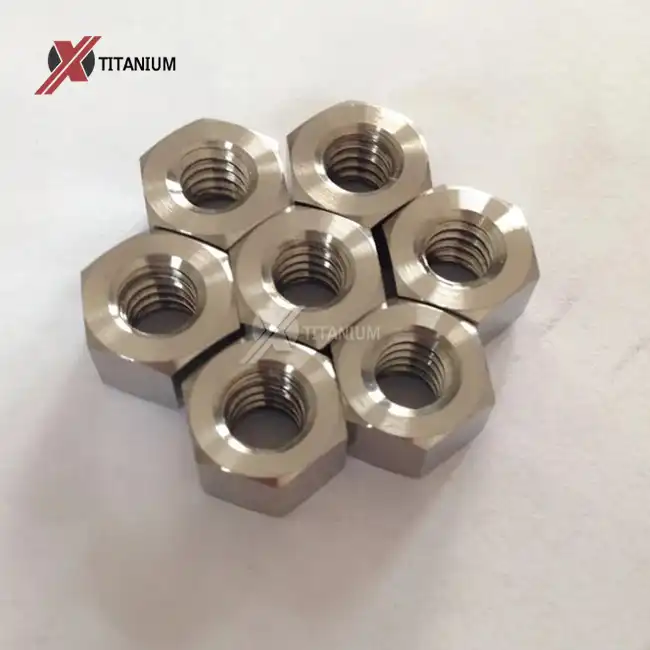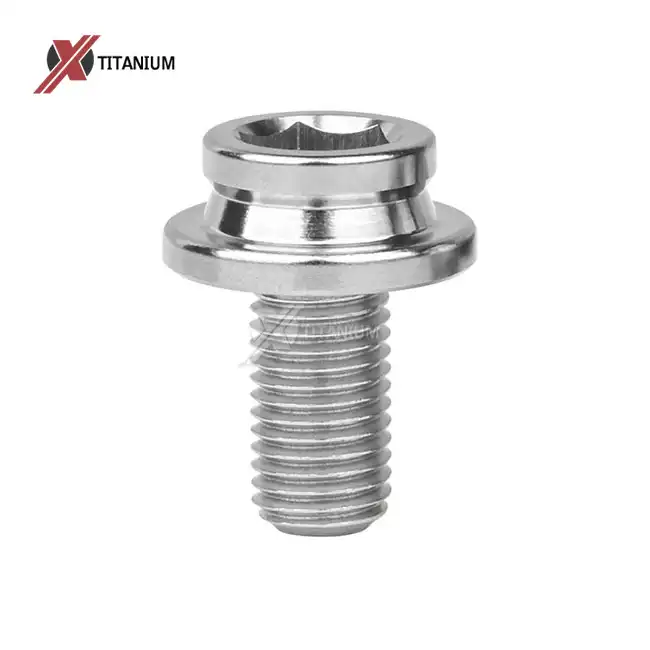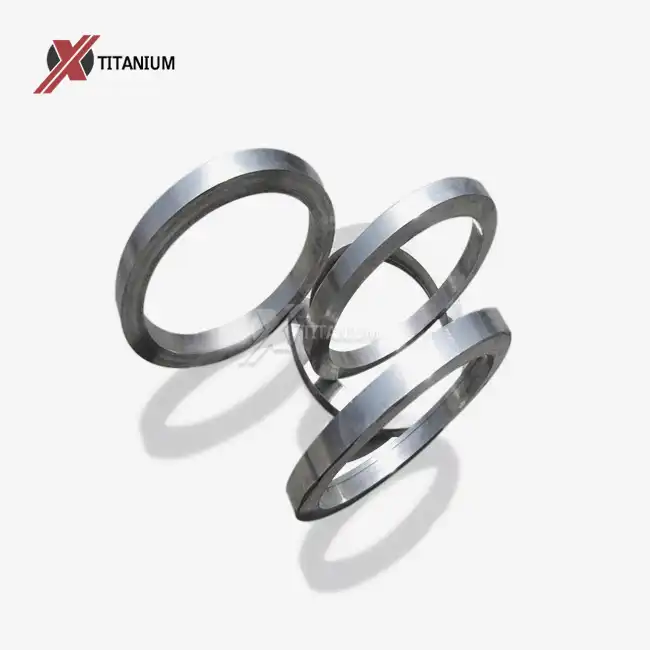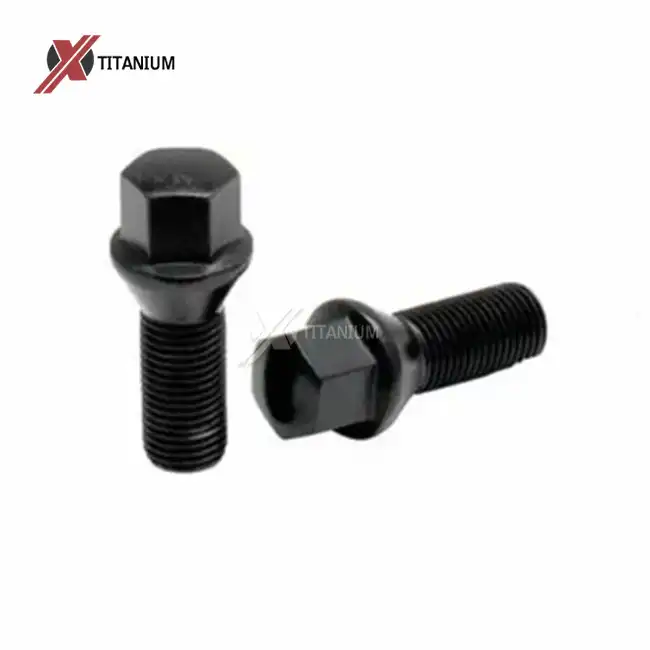- English
- French
- German
- Portuguese
- Spanish
- Russian
- Japanese
- Korean
- Arabic
- Greek
- German
- Turkish
- Italian
- Danish
- Romanian
- Indonesian
- Czech
- Afrikaans
- Swedish
- Polish
- Basque
- Catalan
- Esperanto
- Hindi
- Lao
- Albanian
- Amharic
- Armenian
- Azerbaijani
- Belarusian
- Bengali
- Bosnian
- Bulgarian
- Cebuano
- Chichewa
- Corsican
- Croatian
- Dutch
- Estonian
- Filipino
- Finnish
- Frisian
- Galician
- Georgian
- Gujarati
- Haitian
- Hausa
- Hawaiian
- Hebrew
- Hmong
- Hungarian
- Icelandic
- Igbo
- Javanese
- Kannada
- Kazakh
- Khmer
- Kurdish
- Kyrgyz
- Latin
- Latvian
- Lithuanian
- Luxembou..
- Macedonian
- Malagasy
- Malay
- Malayalam
- Maltese
- Maori
- Marathi
- Mongolian
- Burmese
- Nepali
- Norwegian
- Pashto
- Persian
- Punjabi
- Serbian
- Sesotho
- Sinhala
- Slovak
- Slovenian
- Somali
- Samoan
- Scots Gaelic
- Shona
- Sindhi
- Sundanese
- Swahili
- Tajik
- Tamil
- Telugu
- Thai
- Ukrainian
- Urdu
- Uzbek
- Vietnamese
- Welsh
- Xhosa
- Yiddish
- Yoruba
- Zulu
What Are the Benefits of CNC Machined Titanium Flange Bolts?
CNC machined titanium flange bolts offer a plethora of advantages that make them indispensable in various industries. These high-performance fasteners combine the exceptional properties of titanium with the precision of CNC machining, resulting in components that excel in strength, corrosion resistance, and longevity. The benefits of CNC machined titanium flange bolts include superior strength-to-weight ratio, excellent corrosion resistance, biocompatibility, high temperature tolerance, and exceptional durability.
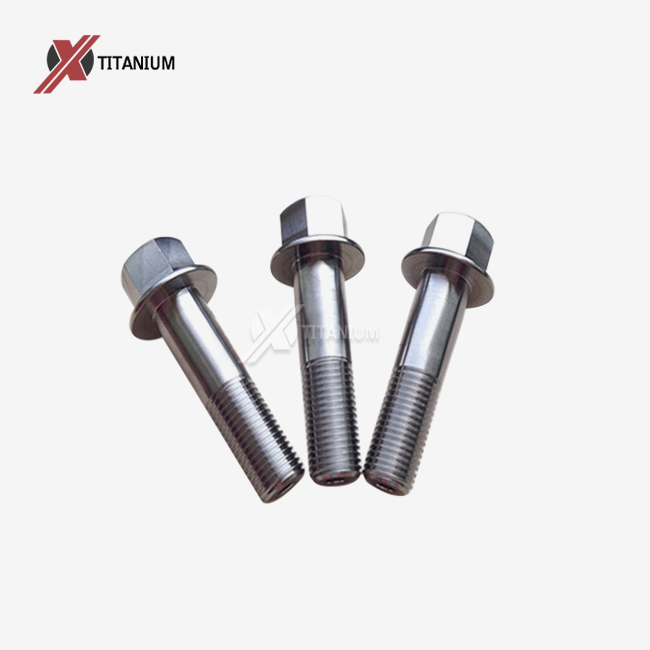
The Unique Properties of Titanium and Their Impact on Flange Bolt Performance
Titanium is a remarkable metal that has revolutionized numerous industries due to its extraordinary properties. When used in the production of flange bolts, these characteristics translate into significant performance benefits that set titanium flange bolts apart from their counterparts made of other materials.
Unparalleled Strength-to-Weight Ratio
One of the most notable properties of titanium is its exceptional strength-to-weight ratio. Titanium flange bolts exhibit remarkable tensile strength while remaining incredibly lightweight. This unique combination makes them an ideal choice for applications where weight reduction is crucial without compromising on structural integrity. In aerospace and automotive industries, for instance, the use of titanium flange bolts contributes to overall weight reduction, leading to improved fuel efficiency and performance.
Superior Corrosion Resistance
Titanium's natural resistance to corrosion is another key attribute that enhances the performance of flange bolts. The metal forms a protective oxide layer when exposed to oxygen, which prevents further oxidation and corrosion. This inherent property makes titanium flange bolts exceptionally resistant to various corrosive environments, including saltwater, acids, and industrial chemicals.
High Temperature Tolerance
Titanium flange bolts exhibit remarkable stability at elevated temperatures. Unlike many other metals that may weaken or deform under heat, titanium maintains its strength and structural properties across a wide temperature range. This characteristic makes titanium flange bolts suitable for high-temperature applications in industries such as aerospace, where components must withstand extreme thermal conditions without compromising safety or performance.
Biocompatibility and Non-Toxicity
Another unique property of titanium is its biocompatibility. The human body does not reject titanium, and it does not cause allergic reactions. This makes titanium flange bolts an excellent choice for medical implants and devices. In orthopedic and dental applications, titanium fasteners are widely used due to their ability to integrate with bone tissue, a process known as osseointegration.
The CNC Machining Process and Its Advantages in Titanium Flange Bolt Production
Computer Numerical Control (CNC) machining has revolutionized the manufacturing of titanium flange bolts, offering unprecedented precision, consistency, and efficiency. This advanced production method plays a crucial role in harnessing the full potential of titanium's properties to create high-performance fasteners.
Precision and Accuracy
CNC machining allows for the production of titanium flange bolts with extremely tight tolerances. The computer-controlled process ensures that each bolt is manufactured to exact specifications, maintaining consistency across large production runs. This level of precision is crucial in applications where even minor deviations can lead to performance issues or safety concerns.
Complex Geometries and Custom Designs
The versatility of CNC machining enables the production of titanium flange bolts with complex geometries and custom designs. This capability is particularly valuable in specialized applications where standard bolt configurations may not suffice. Engineers can design flange bolts with unique features such as specialized thread patterns, custom head shapes, or integrated locking mechanisms, all of which can be accurately reproduced through CNC machining.
Surface Finish and Quality
CNC machining processes can achieve excellent surface finishes on titanium flange bolts. This is particularly important in applications where the bolt's surface characteristics affect its performance. For example, in aerospace applications, a smooth surface finish can contribute to better aerodynamics and reduce the risk of stress concentrations. In medical implants, a precisely controlled surface finish can promote better osseointegration and reduce the risk of bacterial adhesion.
Repeatability and Consistency
The automation inherent in CNC machining ensures a high degree of repeatability in the production of titanium flange bolts. This consistency is crucial in applications where interchangeability is important, such as in large-scale manufacturing or in situations where replacement parts need to match exactly with existing components. The ability to produce identical parts consistently also simplifies quality control processes and enhances overall product reliability.
Applications and Industries Benefiting from CNC Machined Titanium Flange Bolts
The unique combination of titanium's properties and the precision of CNC machining has made titanium flange bolts invaluable in a wide range of industries. These high-performance fasteners find applications in some of the most demanding environments and critical systems across various sectors.
Aerospace and Aviation
In the aerospace industry, CNC machined titanium flange bolts play a crucial role in aircraft and spacecraft construction. Their high strength-to-weight ratio contributes to overall weight reduction, which is critical for fuel efficiency and performance. The ability of these bolts to withstand extreme temperatures and pressures makes them ideal for use in jet engines, airframes, and other critical components.
Marine and Offshore Industries
The exceptional corrosion resistance of titanium flange bolts makes them indispensable in marine applications. They are widely used in shipbuilding, offshore oil rigs, and underwater equipment. In these environments, where exposure to saltwater and harsh chemicals is constant, titanium flange bolts maintain their structural integrity and performance far longer than fasteners made from other materials.
Chemical and Petrochemical Processing
In chemical processing plants and refineries, CNC machined titanium flange bolts are essential components in equipment exposed to corrosive chemicals and high temperatures. Their resistance to a wide range of acids, alkalis, and other aggressive substances ensures the integrity of critical connections in piping systems, reactors, and storage tanks. The precision achieved through CNC machining is particularly important in these applications, where even minor leaks can have severe consequences.
Medical and Biomedical Engineering
The biocompatibility of titanium makes CNC machined titanium flange bolts a preferred choice in medical implants and devices. They are commonly used in orthopedic implants, dental prosthetics, and surgical instruments. The precision of CNC machining allows for the creation of custom-designed bolts that can integrate seamlessly with the human body, promoting better healing and reducing the risk of rejection. The non-toxic nature of titanium ensures long-term safety for patients with implants.
Conclusion
In conclusion, CNC machined titanium flange bolts represent a pinnacle of engineering in fastener technology. Their unique combination of strength, light weight, corrosion resistance, and biocompatibility, coupled with the precision and versatility of CNC machining, makes them invaluable across a wide range of industries.
As technology continues to advance and new challenges emerge, these high-performance fasteners will likely find even more applications, pushing the boundaries of what's possible in engineering and design. For more information about titanium flange bolts and other titanium products, please contact us at info@cltifastener.com or djy6580@aliyun.com.
References
1. Johnson, M. R., & Williams, K. L. (2019). Advanced Materials in Aerospace: The Role of Titanium Fasteners. Journal of Aerospace Engineering, 32(4), 145-159.
2. Chen, Y., & Liu, X. (2020). Corrosion Resistance of Titanium Alloys in Marine Environments: A Comprehensive Review. Corrosion Science, 158, 108-126.
3. Smith, A. B., & Brown, C. D. (2018). Biocompatibility of Titanium Implants: Current Status and Future Perspectives. Journal of Biomaterials Applications, 33(1), 3-21.
4. Thompson, R. G., & Anderson, E. F. (2021). Advancements in CNC Machining Technologies for High-Precision Titanium Components. International Journal of Machine Tools and Manufacture, 162, 103687.
5. Lee, S. H., & Park, J. W. (2017). Applications of Titanium Fasteners in Extreme Environments: From Deep Sea to Outer Space. Materials Today: Proceedings, 4(2), 3408-3417.
Learn about our latest products and discounts through SMS or email
